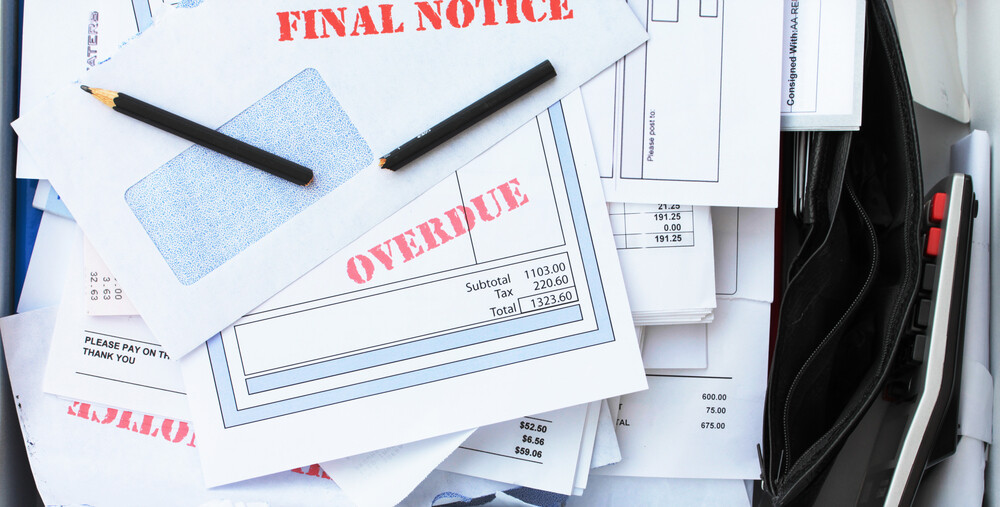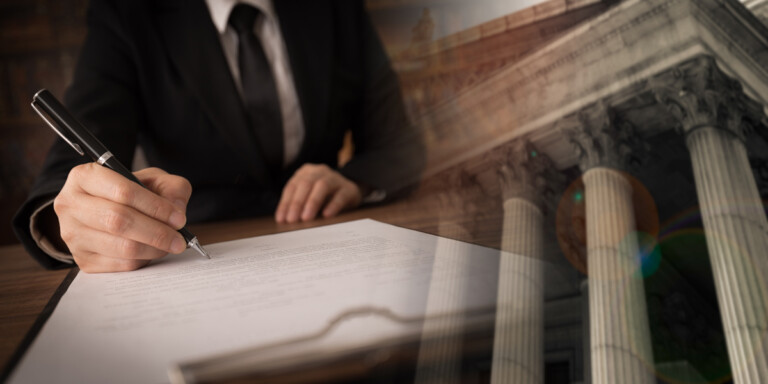
Even the most successful businesses deal with delinquent accounts. Usually, your customers pay their invoices, but when they don’t, legal action may help.
In this article, we will explain the next steps you can take to ensure you still get paid, even when internal collection efforts fail.
Demand Letter
Sometimes, all that is required to prompt a defaulting customer to pay their bill is a demand letter from your lawyer.
A demand letter reminds customers of their obligation to pay and warns them of the consequences if they fail to do so.
Therefore, the first step we take for most clients dealing with an unpaid invoice is to send a demand letter.
A demand letter from a lawyer has three key components:
- An introduction: the first paragraph of the demand letter should explain that the lawyer sending it is your lawyer and has been retained regarding the unpaid invoice. This shows the customer that you are serious about collecting on your unpaid invoice and have hired counsel to help;
- A summary: recapping what happened and the basis for your entitlement to get paid, whether a written contract or an oral agreement. This part of a demand letter reminds your customer that it has a legal obligation to pay for the services or products you delivered; and
- A demand and warning: the final paragraph of a demand letter should request payment by a certain date and explain what steps we will take to enforce payment if the invoice is not voluntarily paid by that date. Usually that step is starting a lawsuit.
Lawsuit
If the customer neglects to pay your invoice even after a demand letter is sent, we can help start a lawsuit to enforce payment.
Debts in the amount of $35,000 or less can be litigated in the Provincial Court of British Columba (Small Claims). Small Claims Court is set up for self-represented litigants to bring claims without the help of a lawyer. However, the forms and processes can be time-consuming and difficult to navigate without an expert. You must name the correct legal entities in your claim, accurately set out your entitlement to be paid, and understand the filing and service obligations before starting an action. We can help set you up for success by drafting your Notice of Claim or representing you throughout the action.
Debts in amounts over $35,000 need to be litigated in the Supreme Court of British Columbia (the BCSC). A lawsuit in the BCSC has a pleading stage, a discovery stage, and a trial stage and is best navigated with the help of a lawyer.
Settlement
Regardless of whether you start an action in the BCSC or Small Claims court, the process can be expensive and drawn out over time.
Many debtors reconsider their decision not to pay an invoice and become willing to pay some or all of their debt after a lawsuit is commenced or as it progresses.
Next Steps
We can help move settlement discussions forward by drafting compelling settlement offers, provide legal advice on any offer received, and if a settlement is reached we can draft releases and finalize settlement agreements.
If you have any questions on how to deal with unpaid invoices, sending a demand letter, or how to take the next steps in getting paid, please reach out to any member of our experienced Business Litigation team who will be happy to assist.



